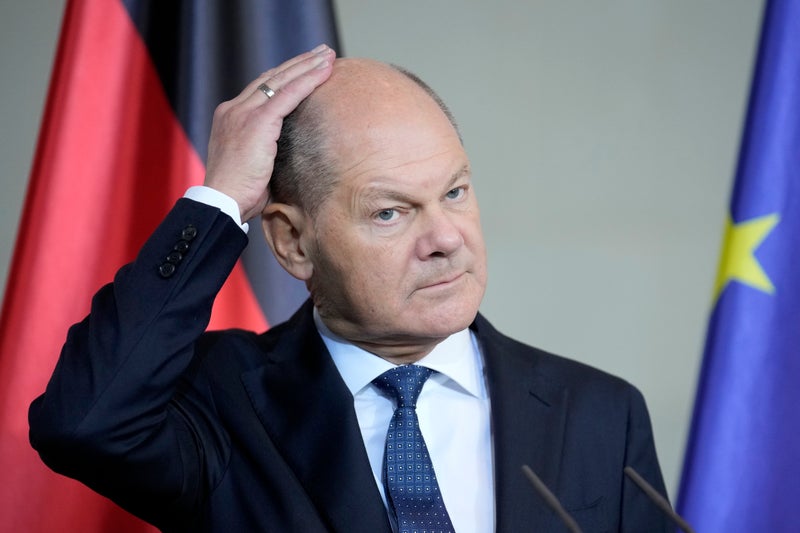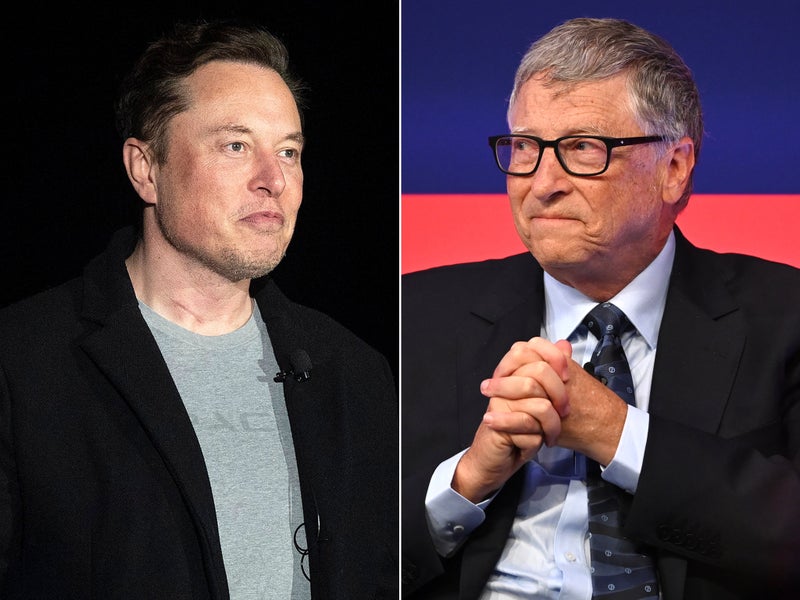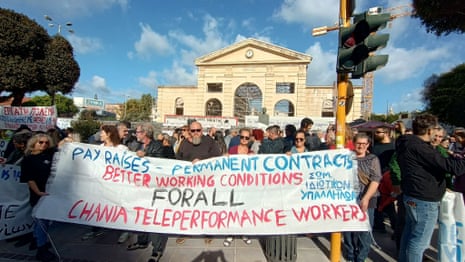How the roots of the ‘PayPal mafia’ extend to apartheid South Africa
How the roots of the ‘PayPal mafia’ extend to apartheid South Africa
Share:
Elon Musk grew up with the privileges of a stratified racial order and Peter Thiel lived in a city that venerated Hitler. When Elon Musk’s arm shot out in a stiff arm salute at Donald Trump’s inaugural celebrations, startled viewers mostly drew the obvious comparison.
![[Chris McGreal]](https://i.guim.co.uk/img/uploads/2023/09/15/Chris_McGreal.png?width=75&dpr=1&s=none&crop=none)
But in the fired-up debate about Musk’s intent that followed, as the world’s richest man insisted he wasn’t trying to be a Nazi, speculation inevitably focused on whether his roots in apartheid-era South Africa offered an insight. In recent months Musk’s promotion of far-right conspiracy theories has grown, from a deepening hostility to democratic institutions to the recent endorsement of Germany’s far-right Alternative für Deutschland (AfD). He has taken an unhealthy interest in genetics while backing claims of a looming “white genocide” in his South African homeland and endorsing posts promoting the racist “great replacement” conspiracy theory. Increasingly, his language and tone have come to echo the old South Africa.
![[A man in military fatigues holds a swastika-like flag.]](https://i.guim.co.uk/img/media/6b702c0913c905a6f9e9865092aae340955df416/0_0_2048_1365/master/2048.jpg?width=445&dpr=1&s=none&crop=none)
He is not alone. Musk is part of the “PayPal mafia” of libertarian billionaires with roots in South Africa under white rule now hugely influential in the US tech industry and politics. They include Peter Thiel, the German-born billionaire venture capitalist and PayPal cofounder, who was educated in a southern African city in the 1970s where Hitler was still openly venerated. Thiel, a major donor to Trump’s campaign, has been critical of welfare programs and women being permitted to vote as undermining capitalism. A 2021 biography of Thiel, called The Contrarian, alleged that as a student at Stanford he defended apartheid as “economically sound”.






















